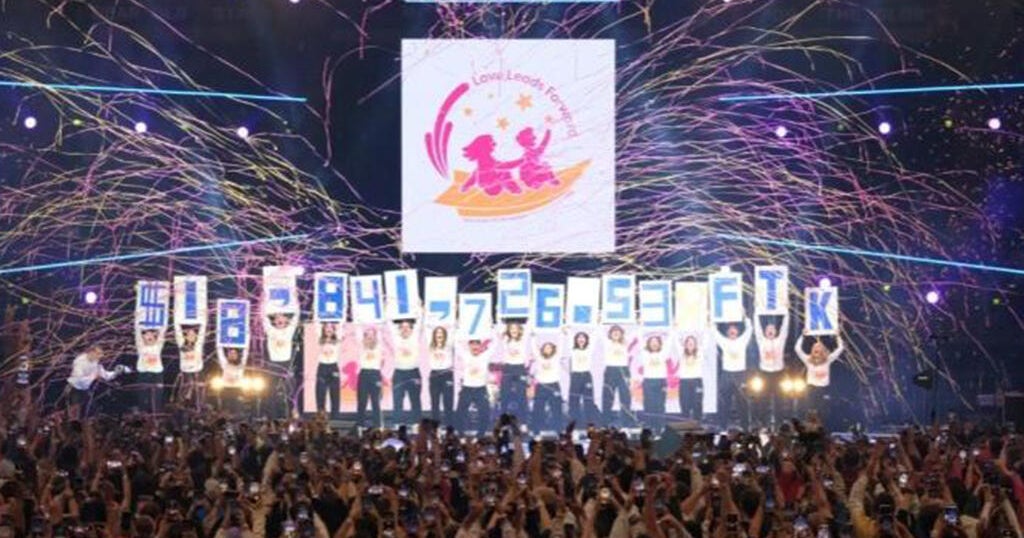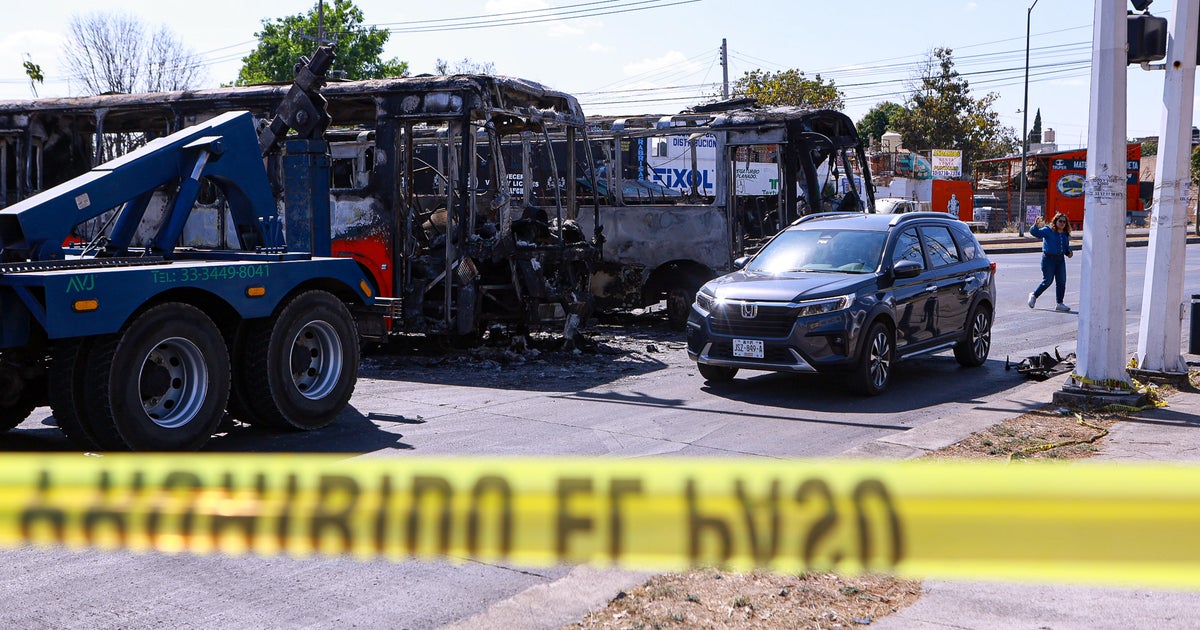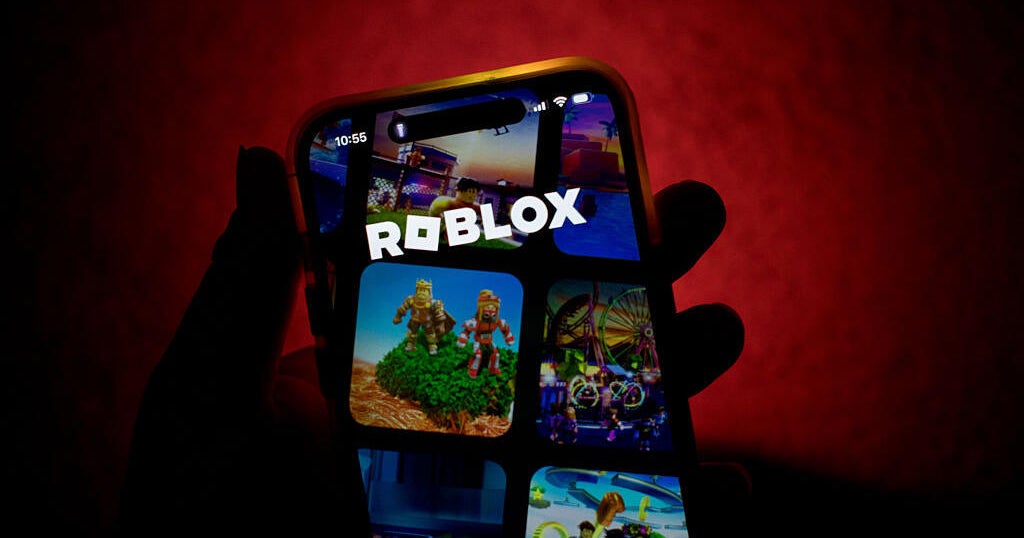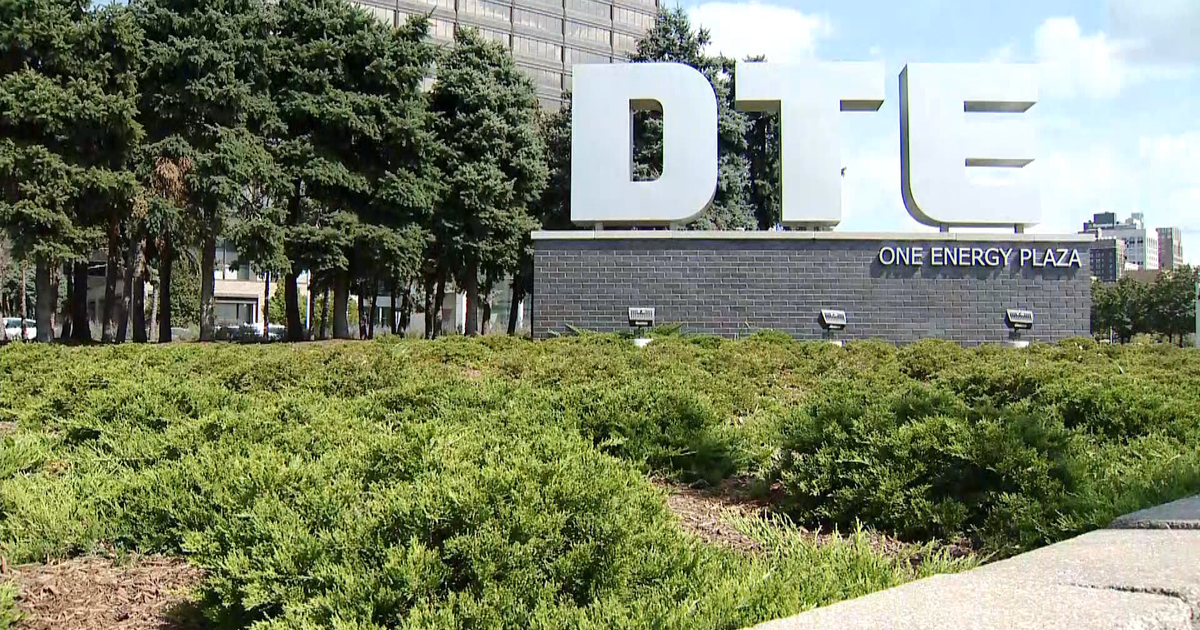Bay Area biotech firm Grail wrongly told hundreds of people they might have cancer
A biotechnology company selling a $949 blood test that it bills as a "first of its kind" to detect cancer said it incorrectly informed about 400 customers that they might have the disease.
The Menlo Park, California, company, called Grail, said it sent a form letter to some customers who had bought its Galleri test, which detects a marker for more than 50 types of cancer, "stating incorrectly that a cancer signal was detected," a company spokeswoman told CBS MoneyWatch in a statement.
The company blamed a vendor, PWN Health, for the error, citing a "software configuration issue."
In a statement, PWN Health said it said the problem was due to "a misconfiguration of our patient engagement platform used to send templated communications to individuals." It added that it has added processes to make sure such a mistake doesn't occur again, and started contacting the people who received the erroneous letters within 36 hours.
The error comes amid an increased demand for healthcare screening tests, especially for chronic diseases such as cancer. Grail is billing its service as a complement to routine single-cancer tests for diseases such as colon or breast cancer, and said that the blood test can detect forms of the disease that aren't routinely screened for, such as in the gallbladder and pancreas.
Also Read:
- Disgraced Theranos founder Elizabeth Holmes reports to prison
- Former Theranos exec Ramesh 'Sunny' Balwani sentenced to nearly 13 years in prison
- Prosecutors: Elizabeth Holmes, Sunny Balwani 'Were Partners' In Theranos Fraud Scheme
- Prosecutors claim Elizabeth Holmes planned to 'flee the country' after conviction
Grail said it hasn't received reports of patient harm or "adverse events" due to the erroneous letters.
"After being notified of the incident, Grail immediately began outreach by phone or email to all individuals who received the PWNHealth letter, and we continued our efforts until we confirmed we successfully reached each individual via phone, email or letter," the spokeswoman said.
She added, "The issue was in no way related to or caused by an incorrect Galleri laboratory test result."
More than half the erroneous letters were sent to customers who hadn't had their blood drawn yet for the Galleri test, the spokeswoman added.







